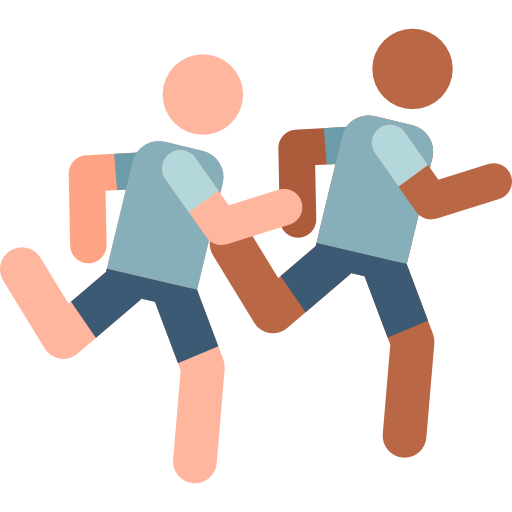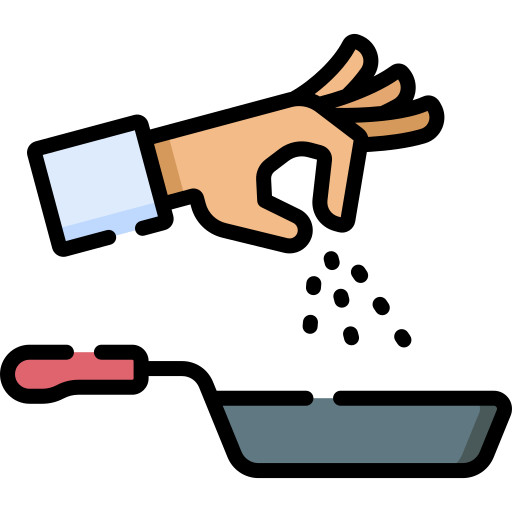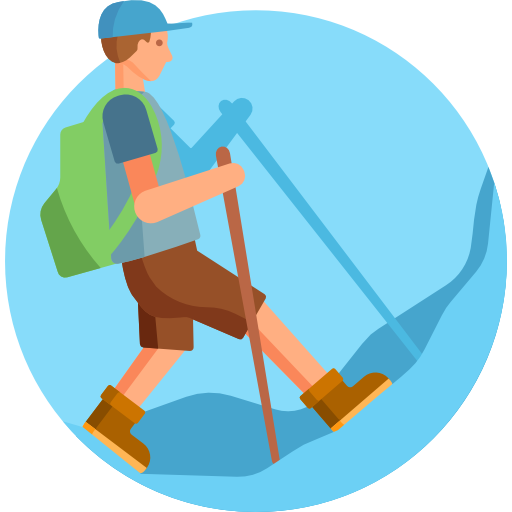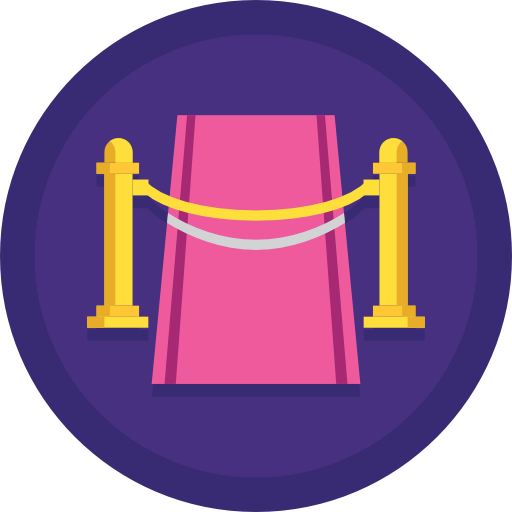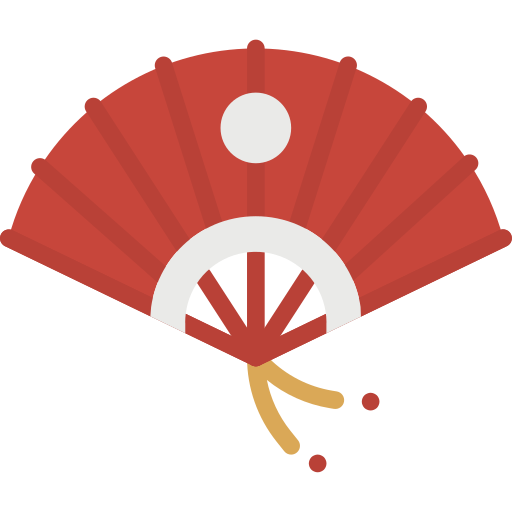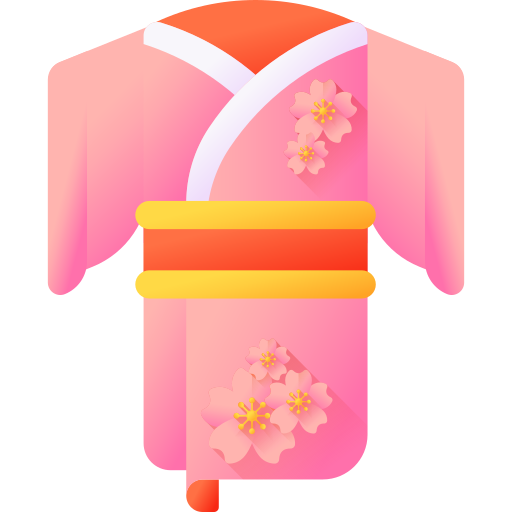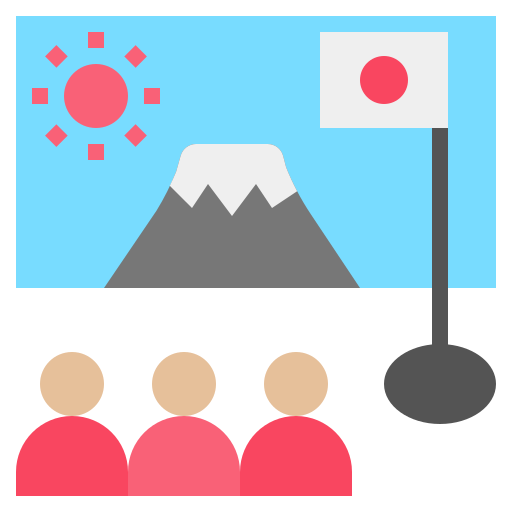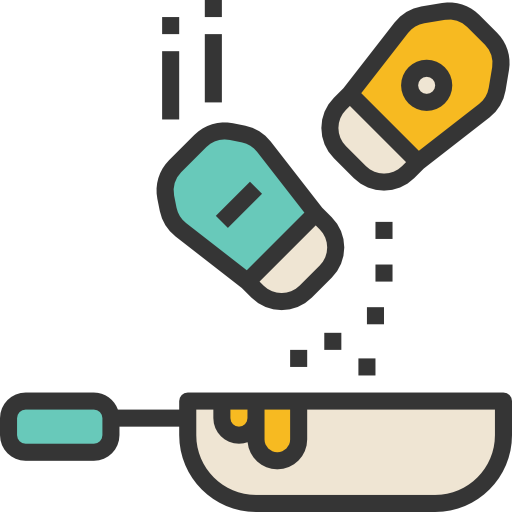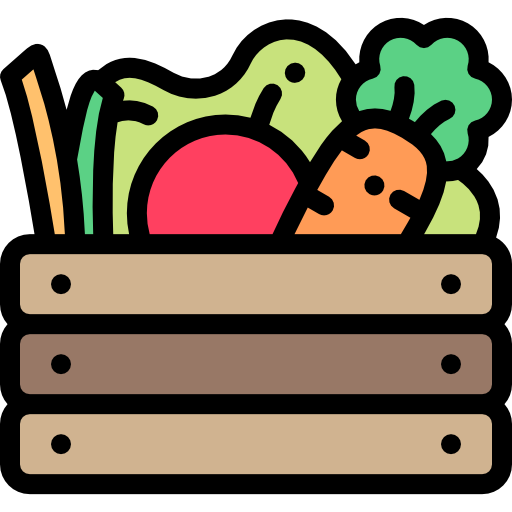PART A_1
We will read aloud the words below. Please repeat after me. I will check your pronunciation.
(Please send the mispronounced words and expressions to your student.)
PART A_2

| electricity | 電力 |
| machine | 機械 |
| source | 源 |
| technology | 科学技術、テクノロジー |
| produce | 生産する、作り出す |
PART A_3
Now, let’s review some words from part A_2.
(Please review the mispronounced words and expressions from part A_2.)
PART A_4
PART A_5
Please look at the picture in part A_2. Give a maximum of three things that you see in the picture.
(If your student is having a hard time answering, please move to the next activity.)
PART A_6
PART B_1
You will read aloud the passage below. I will check your pronunciation and intonation.
(Please send the mispronounced words and expressions to your student.)
PART B_2
Nowadays, many sources of energy are being used to produce electricity all over the world. One of the most common energy sources is wind power. Since it does not pollute the air or water, it has fewer negative effects on the environment. Wind farms usually run on this source of energy. Once wind flows into the wind turbines, the machines’ rotor blades start spinning and produce electricity. With the advancement of technology, some countries are encouraged to use wind as a source of energy with lower production costs.
PART B_3
Now, let’s review some words and sentences from part B_2.
(Please review the mispronounced words and sentences from part B_2.)
PART B_4
PART B_5
I will ask the following questions. Please answer based on the passage. I will check if your sentences are complete and if the grammar is correct.
PART B_6
| 1. | What is one of the most common energy sources? |
| Answer: | |
| 2. | Why does wind power have fewer negative effects on the environment? |
| Answer: | |
| 3. | How do wind turbines work? |
| Answer: |
PART B_7
Now, let’s review your answers.
(Please review your student’s answers by sending the correct answers in complete sentences. After that, ask your student to read aloud his or her corrected answers.)
PART B_8
PART C_1
Please choose a word to complete each sentence. Then, read aloud the sentences.
PART C_2
electricity
machine
produce
source
| 1. | The river is the city’s ___________ of water. |
| 2. | His house is too dark at night because it does not have ___________. |
| 3. | The workers used the new ___________ to help them work faster. |
| 4. | Those trees __________ a lot of fruit in summer. |
PART C_3
Now, let’s review your answers.
(Please review your student’s answers by sending the correct answers in complete sentences. After that, ask your student to read aloud his or her corrected answers.)
PART C_4
PART D_1
Please answer the following question.
I will check if your sentences are complete and if the grammar is correct.
I will check if your sentences are complete and if the grammar is correct.
PART D_2
| Question: | What are the common sources of energy in your country? |
| Answer: |
PART D_3
Now, let’s review your answer.
(Please review your student’s answers by sending the correct answers in complete sentences. After that, ask your student to read aloud his or her corrected answers.)
PART D_4
PART E_1
Now, let’s answer the following questions. Your answer should start with “Yes/No.”
Give at least one reason to support your opinion. I will check if your sentences are complete and if the grammar is correct.
Give at least one reason to support your opinion. I will check if your sentences are complete and if the grammar is correct.
PART E_2
| 1. | Do you think more people will use wind energy in the future? |
| Answer: | |
| 2. | Do you think it is a good idea to use alternative energy sources such as wind, solar, and water? |
| Answer: |
PART E_3
Now, let’s review your answers.
(Please review your student’s answers by sending the correct answers in complete sentences. After that, ask your student to read aloud his or her corrected answers.)
PART E_4
PART F_1
Let’s have a free talk about the following topic.
(Please have a free talk if there is time left.)
PART F_2
What do you think is the most effective way to save energy?
PART F_3





